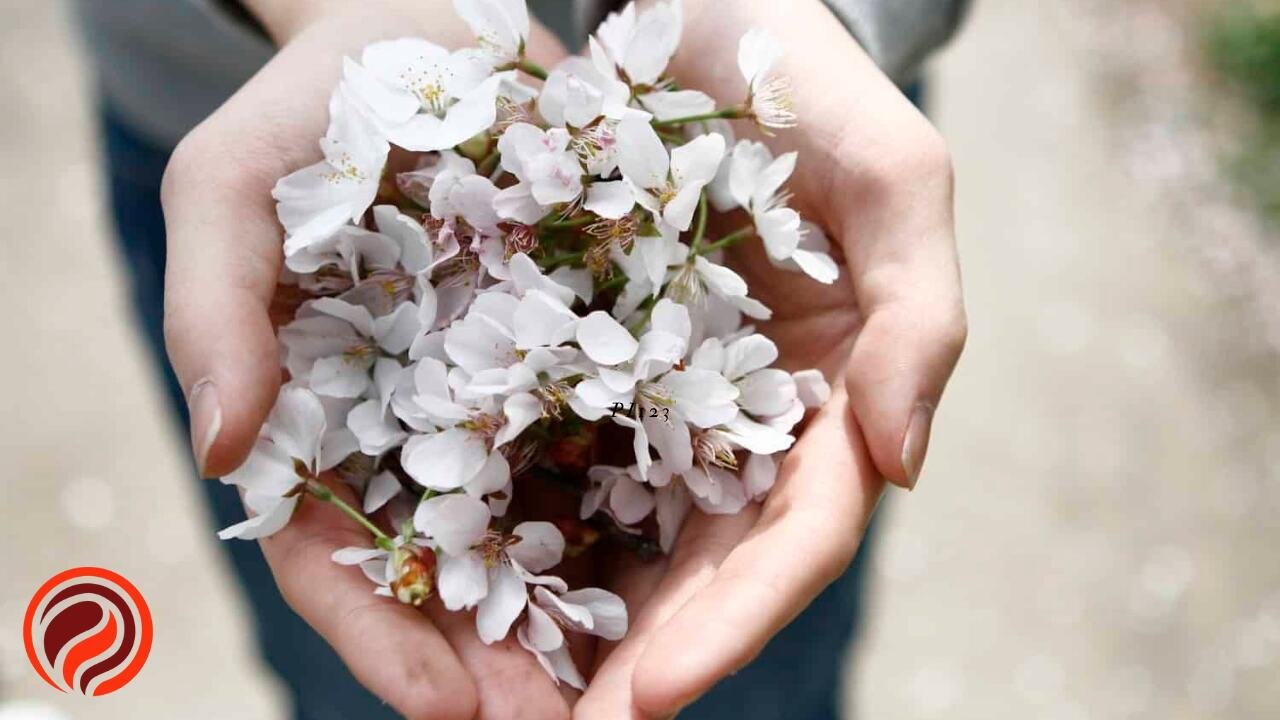In today’s fast-paced world, it’s easy to get caught up in the endless pursuit of more money, possessions, and achievements. However, the adage “love what you have before life teaches you to love what you’ve lost” is a poignant reminder of cherishing what’s right in front of us. This comprehensive guide delves into the essence of this philosophy, offering insights and practical advice to help you cultivate a deeper appreciation for your current blessings, accompanied by relevant FAQs to enhance your understanding.
The Essence of Appreciating What You Have
Appreciating what you have is not about settling for less or stifling your ambition. It’s about fostering gratitude and recognizing the value in the present moment. This perspective doesn’t just enhance your emotional well-being; it can lead to a more fulfilling and balanced life.
Understanding Gratitude
Gratitude is a powerful emotion that shifts your focus from what’s missing to what’s present. It’s about acknowledging the good in your life and recognizing that some of these elements are indeed gifts, not just inevitable or self-made outcomes. When you practice gratitude, you’re more likely to experience happiness, contentment, and a profound sense of well-being.
The Role of Contentment
Contentment is closely tied to gratitude. It’s about being satisfied with what you have, where you are, and who you are. You still aspire for growth or improvement. Instead, contentment allows you to pursue those goals without being driven by a lack or dissatisfaction with your current state.

The Consequences of Neglecting What You Have
Remembering to appreciate what you possess can lead to positive emotions and outcomes. These include perpetual dissatisfaction, envy, and an overarching sense of emptiness. When you’re always looking over the horizon for the next big thing, you miss out on the joys and lessons inherent in the present.
The Perils of Constant Comparison
In the age of social media, it’s easy to fall into the trap of comparing your life with others. This comparison can erode your sense of gratitude and contentment, leading to feelings of inadequacy and a relentless pursuit of more, often at the expense of your happiness and mental health.
The Importance of Mindfulness
Mindfulness is being present and fully engaged with the current moment. It involves acknowledging and accepting your thoughts, feelings, and bodily sensations. Mindfulness can help you appreciate what you have by anchoring you in the now, reducing your tendency to dwell on the past or worry about the future.

Practical Tips for Cultivating Appreciation
Developing a deeper appreciation for what you have is a proactive process. Here are some practical tips to help you cultivate gratitude and contentment in your daily life:
- Keep a Gratitude Journal: Regularly writing down things you’re grateful for can enhance your awareness of the positive aspects of your life.
- Practice Mindfulness: Engage in mindfulness exercises to ground yourself in the present moment, enhancing your appreciation for the here and now.
- Limit Social Media Consumption: Reduce the time spent on social media platforms to minimize comparison and foster a healthier perspective on your own life.
- Celebrate Small Wins: Acknowledge and celebrate your achievements, no matter how small, to cultivate a sense of accomplishment and gratitude.
- Engage in Acts of Kindness: Being kind to others can boost your mood and help you feel more connected and grateful.
Do Read: Trails Carolina Horror Stories: Wilderness Therapy and its Dark Side
FAQs About Loving What You Have
Q1: How do I start appreciating what I have when constantly feeling like it’s not enough?
A1: Begin with small steps, like noting one thing you’re grateful for daily. Over time, this practice can shift your focus and help you see more value in your current circumstances.
Q2: Is it wrong to want more while appreciating what I have?
A2: Not at all. It’s natural to aspire for growth and improvement. The key is to pursue those goals with gratitude for your current state rather than from dissatisfaction.
Q3: How can I practice mindfulness effectively?
A3: Start with simple mindfulness exercises, such as focusing on your breath or engaging in a mindful walk, where you fully immerse yourself in the experience of walking, noticing every sensation and detail.
Q4: Can showing gratitude make a difference in my life?
A4: Yes, numerous studies have shown that gratitude can lead to increased happiness, reduced stress, and a greater sense of well-being.
Q5: How can I deal with the urge to compare myself to others?
A5: Focus on your journey and progress. Remember that everyone’s path is unique, and comparison often overlooks the complete picture of someone’s life, including their challenges.
In conclusion, loving what you have before life teaches you to appreciate it through loss is a profound and enriching approach to living. By fostering gratitude, practicing contentment, and engaging in mindful behaviors, you can enhance your quality of life and experience a more profound sense of fulfillment. Remember, it’s not about having what you want but wanting what you have that cultivates true happiness and peace.












